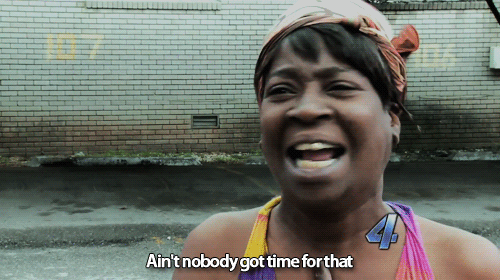- Joined
- Nov 10, 2010
- Messages
- 402
- Reaction score
- 135
So, we have this course where our reading assignments are in Robbins. Normally, I'm not big on reading, but the class (Mechanisms of Disease) seems to demand that we HAVE to read Robbins in order to do well. We literally have days set aside throughout the week where we have to read the indicated reading assignment. For example, we have read chapter 1-3 today.
Has anyone had a course similar to this? If so, how did you approach it? Would supplementing with Goljan, Pathoma, or RR be a good idea? I don't know how those sources are typically used, but perhaps they're worth a look.
Thanks!
Has anyone had a course similar to this? If so, how did you approach it? Would supplementing with Goljan, Pathoma, or RR be a good idea? I don't know how those sources are typically used, but perhaps they're worth a look.
Thanks!

